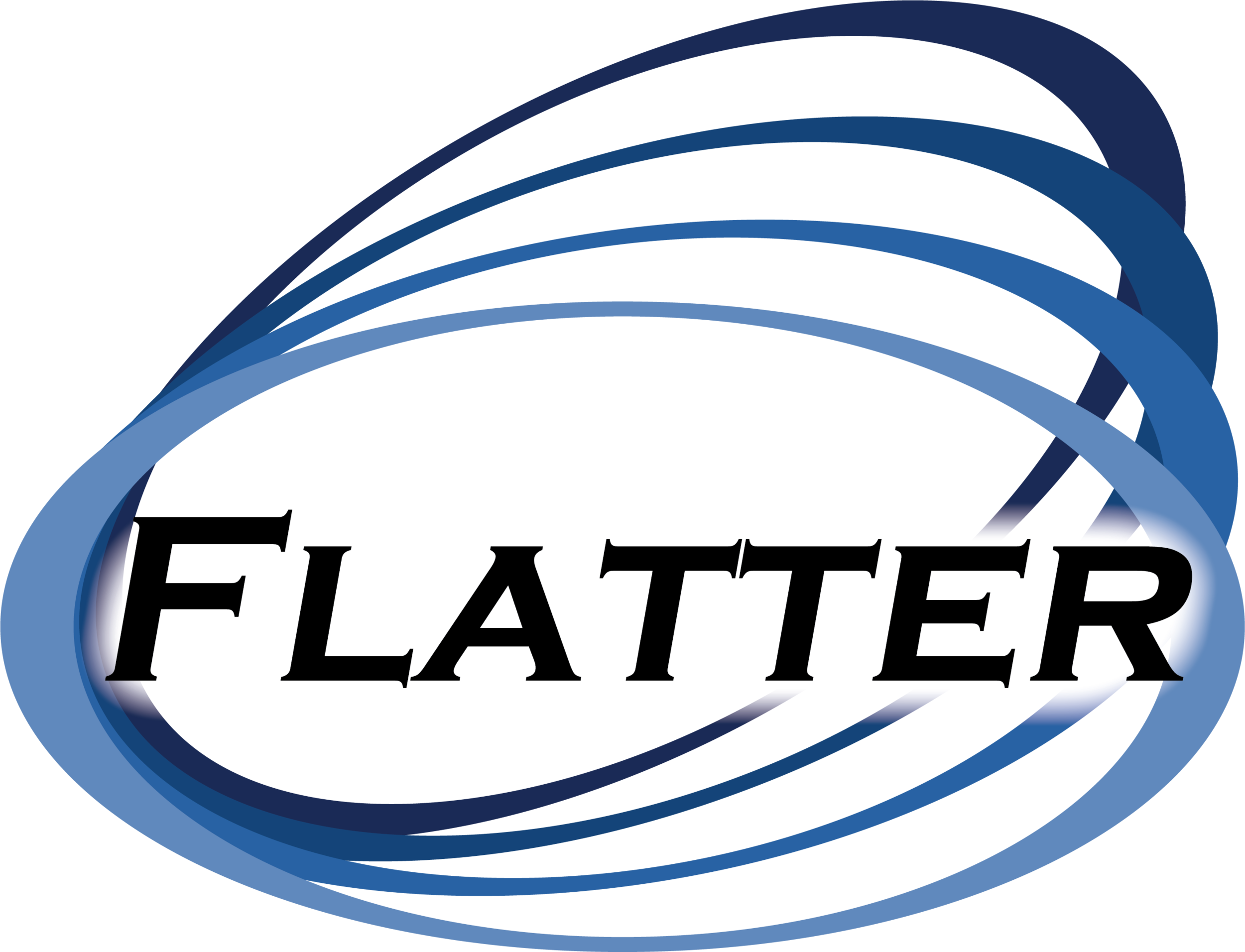The institutions within which international affairs are conducted are overwhelmingly the product of great powers. Several important states still set the tone and define much of the competition in the international arena. There are diverse players, not all of them states, but in the final analysis a few great powers will define the norms and shape the political, economic, and social boundaries of the global stage. At times, those powers, to secure broader interests, will bound their own strength within multilateral forums and limit their sovereign ability to act unilaterally. Such was the case in the 20th century, after two devastating wars, a deadly pandemic, and a global depression. As the bipolar conflict with the Soviet Union unfolded after World War Two, the United States led the effort to define global rules and establish international agencies. The United States oversaw the construction of an array of multilateral institutions to include the United Nations, the World Bank, the International Monetary Fund, and NATO. This seminar addresses the debate as to whether the United States should act more unilaterally to secure American interests and less through traditional institutions. That debate now reverberates on the international stage. This three-day seminar will explore the character of great power rivalries and the reassertion of national sovereignty and its likely evolution and impact in the future.
Target Population(s)
General Officers (O-7, O-8, and O-9), AD, AFR, and ANG
SES/DISES members (Tiers 1, 2, and 3)
Colonels (O-6), AD, AFR, and ANG
GS-15 participants
Chief Master Sergeants (E-9), AD, AFR, and ANG
Provider
Alan L. Freed Associates
Location
Virtual
Length and Frequency
3 days
1 session per year (as needed)
